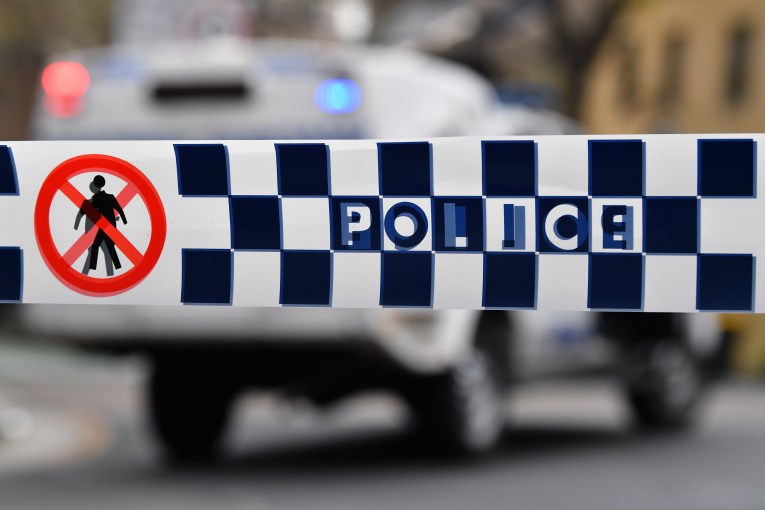Australian RAAF deployment to support Ukraine: PM
Australia will boost support for Ukraine with one of the RAAF’s most sophisticated surveillance planes to be deployed to help keep crucial supply lines open.
Prime Minister Anthony Albanese revealed a Royal Australian Air Force E-7A Wedgetail aircraft with up to 100 crew would join the war effort.
Mr Albanese made the announcement during a visit to Germany overnight Monday (AEST) ahead of a NATO summit in Lithuania.
The aircraft will be based in Germany and deployed for six months to operate within European airspace while avoiding the territory of Ukraine, Russia or Belarus.
The early warning and control Wedgetail would help protect multinational logistics hubs to ensure the uninterrupted flow of military and humanitarian aid into Ukraine, Mr Albanese said.
Mr Albanese said the deployment would include up to 100 crew and support personnel from Australia.
“The aircraft will provide early warning in the event of any threats outside of Ukraine against the gateway for humanitarian and military assistance,” he said in Berlin.
“This demonstrates Australia’s commitment to upholding the rules-based international order.”
Mr Albanese called on Russia to withdraw its military forces and “immediately end this illegal invasion”.
“We strongly support Ukraine’s sovereignty and territorial integrity and are providing ongoing humanitarian and military assistance.”
The aircraft will be sent as part of Operation Kudu, the Australian Defence Force’s commitment to the training of Ukrainian recruits in the United Kingdom.
Earlier, Mr Albanese announced Australia will sell locally made armoured vehicles to Germany under a $1 billion defence export deal.
Mr Albanese met German Chancellor Olaf Scholz in Berlin ahead of the NATO summit.
More than 100 Brisbane-made Boxer heavy weapon carriers will be sold to Germany, one of the largest defence export deals in Australia’s history.
“This is good for our defence, this is good for our national sovereignty but it’s also good for our economy,” Mr Albanese said.
He said the sale of the vehicles, made by German defence manufacturer Rheinmetall, would be worth more than $1 billion to the Australian economy.
Both leaders declined to comment on the US decision to provide Ukraine with cluster munitions, a type of weapon banned by more than 100 countries including Germany and Australia as part of an international convention.
Mr Scholz called it “a sovereign decision by the United States of America … we can say that we would not make such deliveries because we have made this commitment, and I won’t comment any further on this American decision”.
Mr Albanese said Australia was also a signatory to the international convention.
“We don’t have such weapons and we don’t intend to change that position, and I agree with the Chancellor about his comments referring to what other nations may do,” he said.
Mr Albanese reaffirmed Australia’s backing for the Ukrainian government and people on Monday.
“This is about the people of Ukraine, struggling to defend their democracy and their sovereignty,” he said.
Mr Albanese’s three-day visit to Europe will include a meeting with New Zealand Prime Minister Chris Hipkins. He’ll also meet the leaders of Japan and South Korea, who have been invited to attend the NATO summit.
Ukraine’s ambassador to Australia, Vasyl Myroshnychenko, thanked Mr Albanese and said Ukraine was grateful for the military and humanitarian aid.
-AAP








